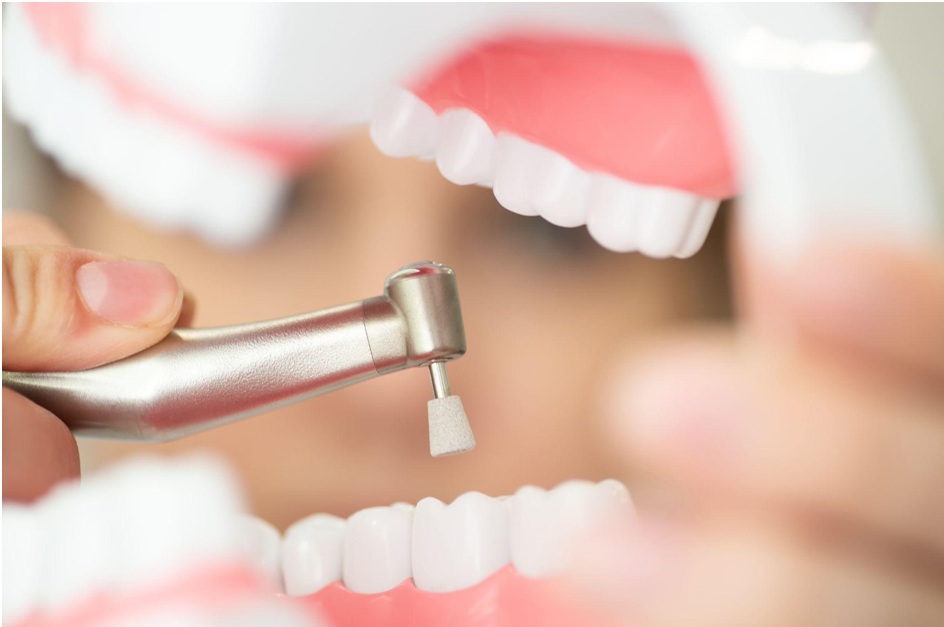Nowadays, we are exposed to different food types ranging from sugary substances and drinks. These can damage your teeth, making you a candidate for dental restoration. Luckily, there are various dental restoration techniques to help repair the damaged tooth, and dental crowns are pretty popular.
They come with numerous benefits and will restore your smile and beautiful look. However, this works best when you seek services from a reputed dentist.
What Are Dental Crowns & How Do They Work?
Dental crowns are caps that a dentist uses to shield your weak teeth and prevent them from breaking or disrupting your mouth further. They usually restore already broken teeth or those that are excessively worn.
Dental crowns cover and protect your teeth, especially when fillings can’t resolve your issue. These caps are made of porcelain, metal, ceramic, and resin. They don’t require special care and are an excellent way of restoring broken teeth.
What Are The Different Types Of Dental Crowns?
Dental crowns come in distinct types; these are;
Metal Crowns
Metal crowns come in different types of alloy. They are strong and are less prone to tear and wear and offer secure protection to your teeth. They are long-lasting and can withstand different things, just like your natural teeth would. However, the main drawback is that they are very noticeable.
All-Resin Dental Crowns
All resin crowns are less costly and will save you a lot of money when you need several crowns. Unlike metal crowns, they are prone to fractures and may necessitate regular replacement. There’s much more information about resin crowns, and Dominic Thorncroft, a leading dentist in London, shares a lot of information on this.
Porcelain-Fused-To-Metal Crowns
These crowns are designed to match the color of your teeth next to the crown. This makes them less noticeable and a favorite choice among many patients. They are perfect choices for both front and back teeth and are stronger than their resin counterparts. However, they may chip or break off, affecting the neighboring teeth.
All-Ceramic / All-Porcelain Crowns
These crowns provide the best natural teeth color than other types. They are excellent choices for patients with metal allergies but aren’t as strong as the porcelain fused to metal crowns. They can wear down the neighboring teeth more than the metal and resin crowns.
Pressed Ceramic Crowns
Pressed ceramic crowns feature a porcelain cap to provide the best natural color. They have a hard inner-core and are very durable compared to the all-porcelain crowns.
How Can My Dentist Determine That I Need A Dental Crown?
Various conditions signify that you may benefit from a dental crown. Foremost, you’ll hurt when biting and maybe have tooth decay.
However, you may have a severe condition like a fracture and may not benefit from a crown. You’ll need a dental crown for various reasons. These include;
- Have undergone a dental implant
- Have undergone a root canal and need a crown to cover the tooth
- Have a weak tooth
- Have a dental bridge
- Suffer from severely discolored teeth
There are different types of dental crowns, and all have their pros and cons. The dentist determines whether you qualify for a crown and helps you choose one to fit your needs. However, how you care for your crowns determines their durability, and your dentist will guide you on this.

